MiddleClassHomes.net is dedicated to helping middle-class families navigate the complex landscape of affordable housing. This guide provides a comprehensive overview of how families can find affordable housing, offering practical tips, essential resources, and valuable insights to make informed decisions in today’s housing market.
Affordable housing is defined as housing that costs no more than 30% of a household’s income. This section will clarify the criteria that qualify a housing option as affordable, emphasizing its significance in today’s economy where housing costs continue to rise.
Affordable housing is crucial for maintaining financial stability among middle-class families. It allows families to allocate funds toward other essential needs such as education, healthcare, and savings. This section will explore the long-term benefits of securing affordable housing, including improved quality of life and reduced financial stress.
Setting a realistic housing budget is vital for finding suitable options. Families should assess their monthly income, expenses, and savings to determine a feasible budget. This section will guide readers through a step-by-step process to calculate their housing budget effectively.
Finding the right location is key to securing affordable housing. Families can explore various resources such as online platforms, local listings, and community bulletin boards. This section will outline the best places to search for affordable housing options, ensuring families know where to begin their search.
When searching for affordable housing, it’s essential to identify key features that ensure a good investment. Look for properties with energy efficiency, adequate space, and access to public amenities. This section will highlight the critical characteristics to consider when evaluating potential homes.
Numerous programs exist to assist families in finding affordable housing. Understanding the qualifications and application processes for these programs can be overwhelming. This section will provide detailed information on how to qualify for various housing assistance programs, making the process more accessible.
Financing is a crucial aspect of purchasing a home. Families should be aware of different mortgage types and financial assistance programs available to them. This section will explore the various financing options, including government-backed loans and first-time homebuyer programs.
A good credit score can significantly enhance housing opportunities. This section will provide practical tips for improving credit scores, including timely bill payments, reducing debt, and regularly checking credit reports. These steps can lead to better financing options.
The location of a home greatly influences its affordability. This section will discuss how factors such as neighborhood amenities, school districts, and commuting distances can affect housing prices, helping families make informed decisions about where to live.
Negotiation skills can lead to better housing deals. This section will offer strategies for effectively negotiating prices, whether renting or purchasing a home, empowering families to secure the best possible deal.
Being aware of potential pitfalls can save time and money. This section will outline common mistakes families make when searching for affordable housing, such as overlooking hidden costs or failing to conduct thorough inspections, and provide tips on how to avoid them.
Quality is just as important as affordability. This section will provide tips on how to evaluate the condition and safety of affordable housing options before making a decision, ensuring families choose homes that are not only budget-friendly but also safe and livable.

What is Affordable Housing?
Understanding the definition of affordable housing is essential for middle-class families navigating today’s economic landscape. Affordable housing refers to housing units that are priced within the financial reach of individuals or families earning a median income. The general guideline suggests that housing costs should not exceed 30% of a household’s gross income. This benchmark is crucial, as exceeding this percentage can lead to financial strain, making it difficult for families to cover other essential expenses such as food, healthcare, and education.
In the context of affordable housing, it is important to recognize the various forms it can take. This includes not only traditional single-family homes but also apartments, townhouses, and subsidized housing. Each type can offer different benefits and challenges, depending on the family’s specific needs and circumstances.
Moreover, the importance of affordable housing extends beyond individual families to the broader economy. When families can secure affordable living arrangements, they are more likely to invest in their communities, contributing to local economies through spending on goods and services. This economic activity can stimulate job creation and enhance overall community well-being.
Additionally, affordable housing plays a pivotal role in promoting social stability. When families have access to stable housing, they are less likely to experience disruptions that can affect their children’s education and overall quality of life. This stability fosters a sense of community, which is crucial for the social fabric of neighborhoods.
As the demand for affordable housing continues to rise, especially in urban areas, understanding what qualifies as affordable becomes increasingly important. Various programs and initiatives aim to provide financial assistance or incentives for developers to create affordable units. These efforts are essential in addressing the housing crisis that many cities face today.
In summary, affordable housing is not just a personal issue for middle-class families; it is a vital component of a healthy economy and society. By understanding its definition and implications, families can better navigate their housing options and advocate for policies that support affordable living.
- Key Takeaways:
- Affordable housing should not exceed 30% of a household’s income.
- It includes various types of housing options.
- It contributes to economic growth and social stability.

Why is Affordable Housing Important for Middle-Class Families?
Affordable housing is not just a concept; it is a necessity for the financial health of middle-class families. In today’s economy, where the cost of living continues to rise, understanding the importance of affordable housing is crucial. This section delves into the long-term benefits that affordable housing provides for family well-being.
- Financial Stability: Affordable housing allows families to allocate their income toward essential needs such as education, healthcare, and savings rather than being consumed by high housing costs. This financial breathing room can lead to increased household savings and investment in future opportunities.
- Improved Quality of Life: Families living in affordable homes often experience a better quality of life. They can enjoy access to essential services, recreational areas, and community resources that may not be available in more expensive neighborhoods.
- Enhanced Educational Opportunities: Affordable housing can provide access to better schools and educational resources. Children from stable homes are more likely to perform well academically, leading to better long-term career prospects.
- Community Stability: Affordable housing contributes to the stability of neighborhoods. When families can afford their homes, they are more likely to stay in the community, fostering strong relationships and a sense of belonging.
- Health Benefits: Secure and stable housing is linked to better health outcomes. Families in affordable housing are less likely to experience stress related to housing insecurity, which can lead to improved mental and physical health.
The impact of affordable housing extends beyond financial benefits. It plays a pivotal role in shaping family dynamics. When families are not burdened by excessive housing costs, they can invest more time and resources into their relationships and personal development. This can lead to:
- Stronger Family Bonds: With reduced financial stress, families can spend quality time together, participate in community activities, and support each other’s aspirations.
- Increased Parental Engagement: Parents are more likely to be involved in their children’s education and extracurricular activities when they are not preoccupied with housing concerns.
- Better Mental Health: Stable housing contributes to lower levels of anxiety and depression, allowing family members to thrive emotionally and socially.
On a broader scale, affordable housing has significant economic implications. It not only supports individual families but also strengthens local economies. When families have access to affordable housing, they are more likely to:
- Contribute to Local Economies: Families with disposable income can support local businesses, which in turn creates jobs and stimulates economic growth.
- Reduce Government Spending: When families are housed affordably, there is less reliance on government assistance programs, allowing public funds to be redirected to other essential services.
- Encourage Workforce Stability: Affordable housing attracts a stable workforce, which is essential for businesses looking to thrive in competitive markets.
In summary, affordable housing is crucial for the financial stability and overall well-being of middle-class families. It not only provides immediate benefits but also fosters long-term growth and stability within communities. By investing in affordable housing, we are ultimately investing in the future of families and the economy.
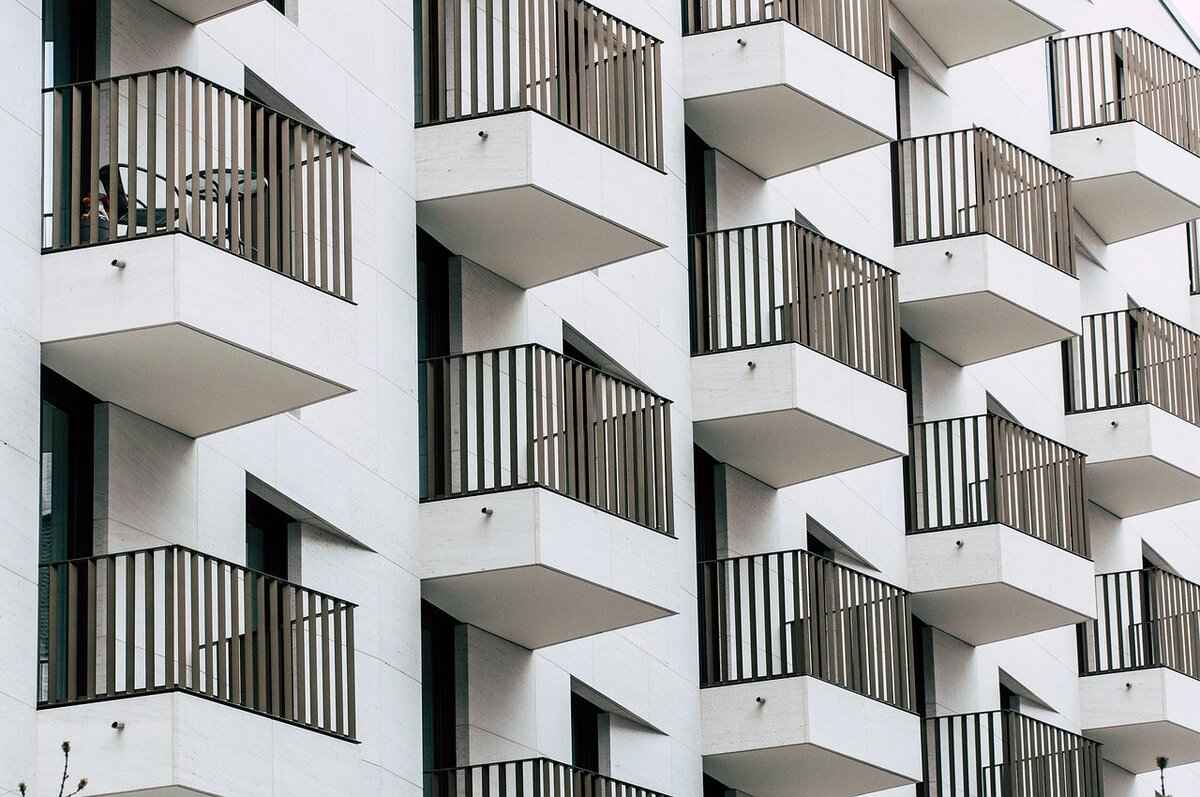
How to Determine Your Housing Budget?
Determining a housing budget is a crucial step for anyone looking to find affordable options in the housing market. A well-defined budget not only helps in identifying suitable homes but also ensures that families can maintain their financial stability. This section will walk you through the essential steps to assess your financial situation and establish a realistic housing budget.
Assess Your Financial Situation
Before diving into the housing search, it’s important to have a clear understanding of your financial health. Start by calculating your monthly income. This includes your salary, bonuses, and any other sources of income. Next, list all your monthly expenses, such as:
- Utilities
- Groceries
- Transportation
- Insurance
- Debt payments
Once you have a comprehensive list of your income and expenses, you can determine how much you can comfortably allocate to housing costs.
Understand Housing Costs
Housing costs extend beyond just the monthly mortgage or rent payment. Consider the following additional expenses:
- Property Taxes: These can vary significantly by location and should be factored into your budget.
- Homeowner’s Insurance: Protecting your investment is crucial, and insurance costs can add up.
- Maintenance and Repair Costs: Allocate funds for unexpected repairs and regular maintenance.
- Utilities: Heating, cooling, water, and electricity are ongoing expenses that need to be included.
Set a Comfortable Percentage for Housing Costs
A common guideline is the 30% rule, which suggests that you should spend no more than 30% of your gross monthly income on housing costs. However, this can vary based on personal circumstances and local housing markets. Assess your situation and determine a percentage that feels manageable.
Factor in Future Financial Goals
While it’s essential to find affordable housing now, consider your future financial goals. Are you saving for retirement, a child’s education, or other significant expenses? Ensure that your housing budget allows you to continue contributing to these goals. A balanced approach will help you avoid financial strain in the long run.
Use Budgeting Tools
There are various tools available to help you manage your budget effectively. Consider using budgeting apps or spreadsheets to track your income and expenses. Many of these tools offer features that allow you to visualize your spending habits and adjust your budget accordingly.
Consult with a Financial Advisor
If you’re unsure about how to set your housing budget, consider consulting with a financial advisor. They can provide personalized advice based on your financial situation and help you create a sustainable housing budget.
In conclusion, determining a realistic housing budget is a multifaceted process that requires careful consideration of your financial situation, housing costs, and future goals. By following these guidelines, you can confidently navigate the housing market and find options that fit your budget.
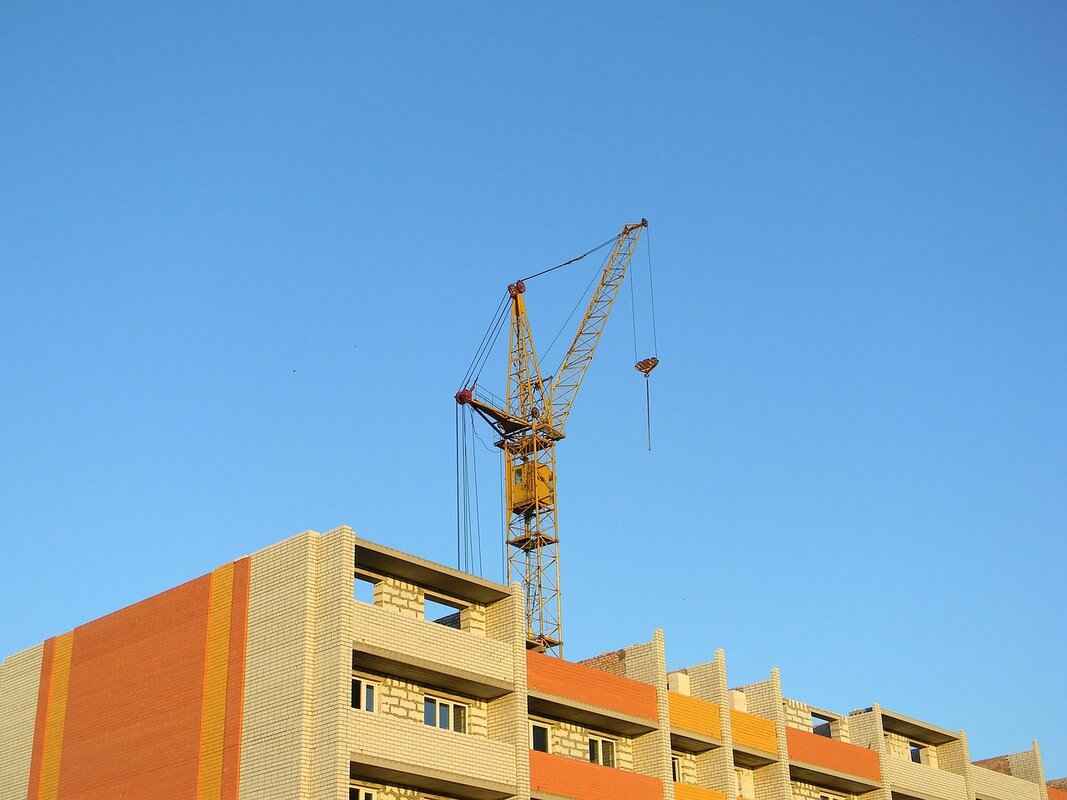
Where to Look for Affordable Housing?
Finding the right location can make all the difference when it comes to securing affordable housing. In today’s competitive real estate market, it’s essential for families to explore various resources and platforms that can help them identify suitable housing options. This section will provide a comprehensive overview of where to look for affordable housing, ensuring families can make informed decisions.
Online Real Estate Platforms: One of the most effective ways to search for affordable housing is through online real estate platforms. Websites like Zillow, Realtor.com, and Trulia offer extensive listings of homes and apartments available for rent or purchase. These platforms allow users to filter searches based on price, location, and amenities, making it easier to find affordable options that meet specific needs.
Local Government Resources: Many local governments have dedicated websites that provide information on affordable housing programs and listings. Families can visit their city or county housing authority’s website to access resources, including subsidized housing options, affordable housing lotteries, and information on government-backed financing programs. These resources can be invaluable in navigating the often complex landscape of affordable housing.
Nonprofit Organizations: Numerous nonprofit organizations are dedicated to helping families find affordable housing. Organizations such as Habitat for Humanity and United Way often have programs that assist low to moderate-income families in finding suitable housing. They may also provide financial assistance, counseling, and resources to help families secure their homes.
Social Media and Community Groups: Social media platforms can also be a useful tool in the search for affordable housing. Community groups on platforms like Facebook or Nextdoor often have members who share available rentals or homes for sale at lower prices. Engaging with these communities can lead to discovering hidden gems that may not be listed on traditional real estate platforms.
Real Estate Agents Specializing in Affordable Housing: Working with a real estate agent who specializes in affordable housing can provide families with expert insights and access to listings that may not be widely advertised. These agents often have in-depth knowledge of the local market and can guide families through the complexities of finding and securing affordable housing.
Networking and Word of Mouth: Sometimes, the best opportunities come from personal connections. Families should consider reaching out to friends, family, and colleagues to inquire about available housing options. Networking can lead to recommendations and potential opportunities that are not listed publicly.
Local Newspapers and Classifieds: While many people rely on online platforms, local newspapers and classified ads can still be valuable resources for finding affordable housing. Many landlords prefer to advertise in print to attract local tenants, so it’s worth checking these sources regularly.
In conclusion, finding affordable housing requires a multifaceted approach that includes utilizing various resources and platforms. By exploring online real estate sites, local government resources, nonprofit organizations, social media, and networking, families can increase their chances of finding a suitable and affordable home.
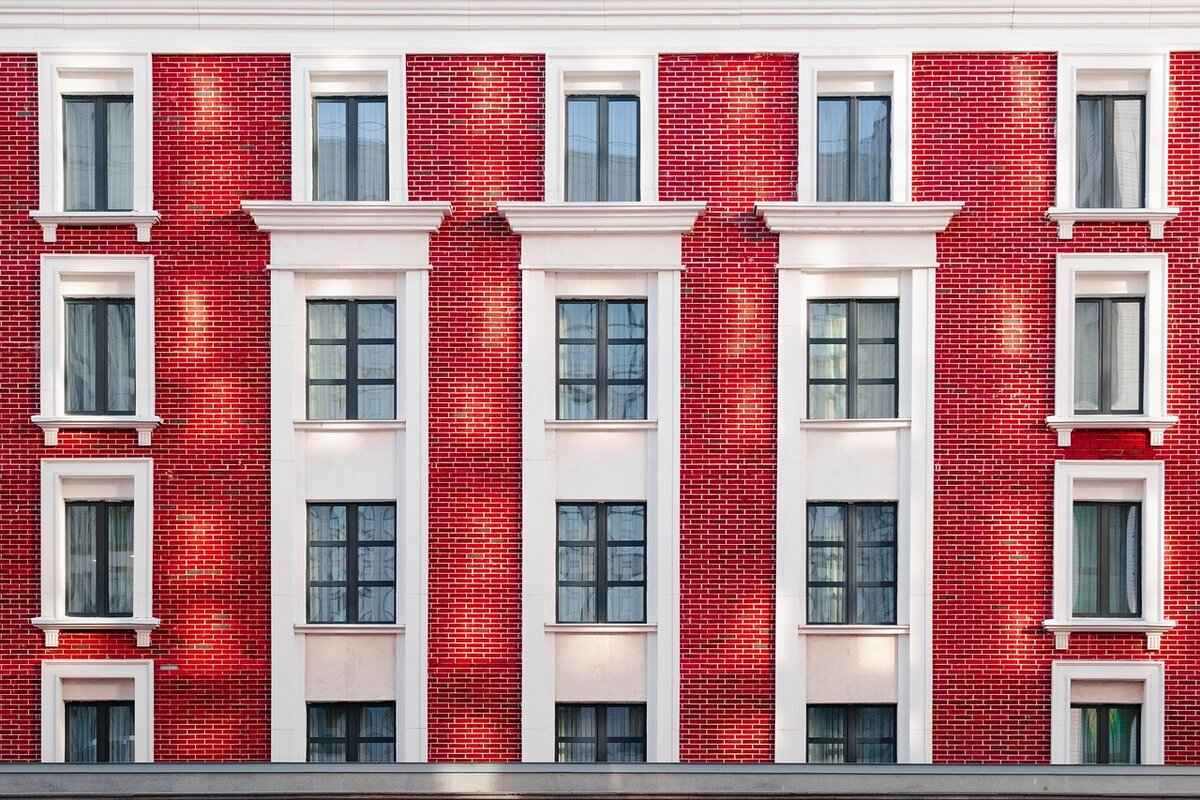
What are the Key Features of Affordable Housing?
When searching for affordable housing, it is essential to identify key features that can significantly impact your living experience. Understanding these characteristics not only aids in making informed decisions but also ensures that families secure homes that meet their needs without stretching their budgets. Below are some important features to consider when looking for affordable housing.
- Location: The location of a property plays a crucial role in its affordability. Look for neighborhoods that are up-and-coming or have access to public transportation, schools, and essential services. Proximity to your workplace can also reduce commuting costs.
- Size and Layout: Affordable housing should offer adequate space for your family. Consider the number of bedrooms and bathrooms you need, as well as the overall layout. An efficient use of space can make a smaller home feel more comfortable.
- Condition of the Property: Always assess the condition of the home. Look for signs of wear and tear, such as leaks, mold, or structural issues. A property that requires significant repairs may end up costing more in the long run.
- Utilities and Maintenance Costs: Inquire about the typical utility costs associated with the property. Affordable housing should not only be low in purchase or rental price but also in ongoing expenses. Energy-efficient homes can lead to substantial savings.
- Community Amenities: Check for nearby amenities such as parks, grocery stores, and recreational facilities. A community that offers these conveniences can enhance your quality of life and reduce the need for long trips to access basic services.
- Safety and Security: Research the safety of the neighborhood. Low crime rates and a sense of community can make a significant difference in your living experience. Consider visiting the area at different times of the day to gauge its safety.
- Accessibility: Consider whether the home is accessible for all family members, including those with disabilities. Features such as ramps, wide doorways, and single-story layouts can be crucial for families with specific needs.
- Affordability of Taxes and Insurance: Don’t forget to factor in property taxes and insurance costs when evaluating a home’s affordability. These expenses can add to your monthly budget and should be considered in your overall housing costs.
By focusing on these key features, families can navigate the housing market more effectively and find homes that not only fit their financial constraints but also meet their lifestyle needs. It is advisable to create a checklist of these characteristics to reference during your search. This approach will help ensure that you make a well-informed decision that supports your family’s long-term stability and satisfaction.

How to Qualify for Affordable Housing Programs?
Qualifying for affordable housing programs can seem daunting, but understanding the requirements and processes can simplify the journey for many families. In this section, we will explore the various housing assistance programs available, their eligibility criteria, and the steps involved in the application process.
What Are the Common Types of Affordable Housing Programs?
- Section 8 Housing Choice Voucher Program: This program allows families to rent privately owned homes with a voucher that covers a portion of the rent.
- Public Housing: Managed by local housing authorities, public housing provides affordable rental options for low-income families.
- Low-Income Housing Tax Credit (LIHTC): This program incentivizes developers to build affordable rental units for low-income individuals and families.
Who Can Qualify for These Programs?
Eligibility for affordable housing programs often depends on several factors:
- Income Level: Most programs have income limits based on the area median income (AMI). Generally, applicants must earn below a certain percentage of the AMI.
- Family Size: The number of household members can affect eligibility and the size of the housing unit available.
- Citizenship Status: Many programs require applicants to be U.S. citizens or have eligible immigration status.
How to Apply for Affordable Housing Programs?
The application process can vary depending on the program:
- Research Available Programs: Start by identifying which programs you may qualify for based on your income and family size.
- Gather Necessary Documentation: Typical documents include proof of income, family size, and identification. Be prepared to provide tax returns, pay stubs, and Social Security cards.
- Submit Your Application: Applications can often be submitted online or in person at local housing authorities. Ensure all required documents are included to avoid delays.
- Attend Interviews: Some programs may require an interview to further assess eligibility. Be ready to discuss your housing needs and financial situation.
What Happens After You Apply?
Once your application is submitted, it will be reviewed by the housing authority or program administrator. This process may take several weeks to months, depending on the program’s demand and resources. If approved, you will receive further instructions on securing your housing.
What If You Are Denied?
If your application is denied, you typically have the right to appeal the decision. Review the denial letter for specific reasons and gather any additional documentation that may support your case. Understanding the appeal process is crucial for those who believe they meet the eligibility criteria.
By familiarizing yourself with the qualifications and application processes for affordable housing programs, you can take significant steps toward securing a stable and affordable living situation for your family. Remember, these programs are designed to assist those in need, and being proactive in your approach can lead to successful outcomes.

What Financing Options are Available for Middle-Class Families?
When it comes to purchasing a home, understanding financing options is essential for middle-class families. Navigating the complex landscape of mortgages and financial assistance can be daunting, but with the right information, families can make informed decisions that align with their financial goals. This section will delve into the various mortgage types and financial assistance programs available, ensuring that families are well-equipped to take the next steps in their home-buying journey.
There are several mortgage options available to middle-class families, each with its unique features and benefits:
- Fixed-Rate Mortgages: These loans have a consistent interest rate throughout the loan term, typically ranging from 15 to 30 years. This stability makes budgeting easier for families.
- Adjustable-Rate Mortgages (ARMs): These loans start with a lower interest rate that adjusts after an initial fixed period. While they can offer lower initial payments, families should be prepared for potential increases in monthly costs.
- FHA Loans: Insured by the Federal Housing Administration, these loans are designed for low-to-moderate-income families. They require lower down payments and have more lenient credit score requirements.
- VA Loans: Available to veterans and active military personnel, these loans often require no down payment and have favorable terms, making them an excellent option for those who qualify.
- USDA Loans: For families looking to buy in rural areas, USDA loans provide low-interest rates and zero down payment options for eligible applicants.
In addition to mortgage options, various financial assistance programs can help middle-class families secure their homes:
- Down Payment Assistance Programs: Many states and local governments offer grants or low-interest loans to help cover down payment costs, making homeownership more accessible.
- First-Time Homebuyer Programs: These programs often provide education, counseling, and financial assistance to help first-time buyers navigate the purchasing process.
- Tax Credits: Some families may qualify for tax credits that can help reduce the overall cost of homeownership, making it more affordable in the long run.
To take advantage of these financing options and assistance programs, families should:
- Research: Investigate local and national programs that may be available. Websites like HUD provide valuable resources.
- Consult with a Mortgage Advisor: Professional guidance can help families understand their options and choose the best financing solution for their situation.
- Improve Credit Scores: A higher credit score can lead to better loan terms and lower interest rates, making homeownership more achievable.
In conclusion, understanding financing options is vital for middle-class families looking to purchase a home. By exploring various mortgage types and financial assistance programs, families can find the right path to homeownership that aligns with their financial capabilities and long-term goals. With proper research and guidance, the dream of owning a home can become a reality.

How to Improve Your Credit Score for Better Housing Options?
Improving your credit score is a crucial step towards enhancing your housing opportunities. A good credit score can open doors to better financing options, lower interest rates, and ultimately, more favorable housing conditions. In this section, we will explore practical tips to help you boost your credit score, ensuring you are well-prepared to navigate the housing market.
- Understand Your Credit Report: The first step in improving your credit score is to obtain and review your credit report. You can get a free copy from each of the three major credit bureaus: Experian, TransUnion, and Equifax. Look for errors or inaccuracies that may be affecting your score.
- Pay Your Bills on Time: Consistently making payments on time is one of the most significant factors affecting your credit score. Set up reminders or automatic payments to ensure you never miss a due date.
- Reduce Your Credit Utilization Ratio: Aim to keep your credit utilization below 30% of your total credit limit. This means if you have a credit limit of $10,000, try to keep your outstanding balance under $3,000.
- Diversify Your Credit Mix: Having a variety of credit types, such as credit cards, installment loans, and retail accounts, can positively impact your score. However, be cautious not to open too many accounts at once, as this can have the opposite effect.
- Limit New Credit Applications: Each time you apply for credit, a hard inquiry is made, which can temporarily lower your score. Limit applications to only when necessary, and consider waiting six months between applications.
- Keep Old Accounts Open: The length of your credit history accounts for a portion of your credit score. Keeping older accounts open, even if you don’t use them frequently, can help improve your score.
- Consider Credit Counseling: If you’re struggling to manage your debt or improve your credit score, consider seeking help from a credit counseling service. They can provide personalized advice and strategies to enhance your financial health.
By implementing these strategies, you can effectively improve your credit score, which will not only increase your chances of securing a mortgage or rental agreement but also help you qualify for better financing options. Remember, building a good credit score takes time and patience, so stay committed to your financial goals.
In conclusion, a good credit score is essential for accessing affordable housing. By following the tips outlined above, you can take proactive steps towards improving your credit score, ultimately leading to better housing opportunities and financial stability.
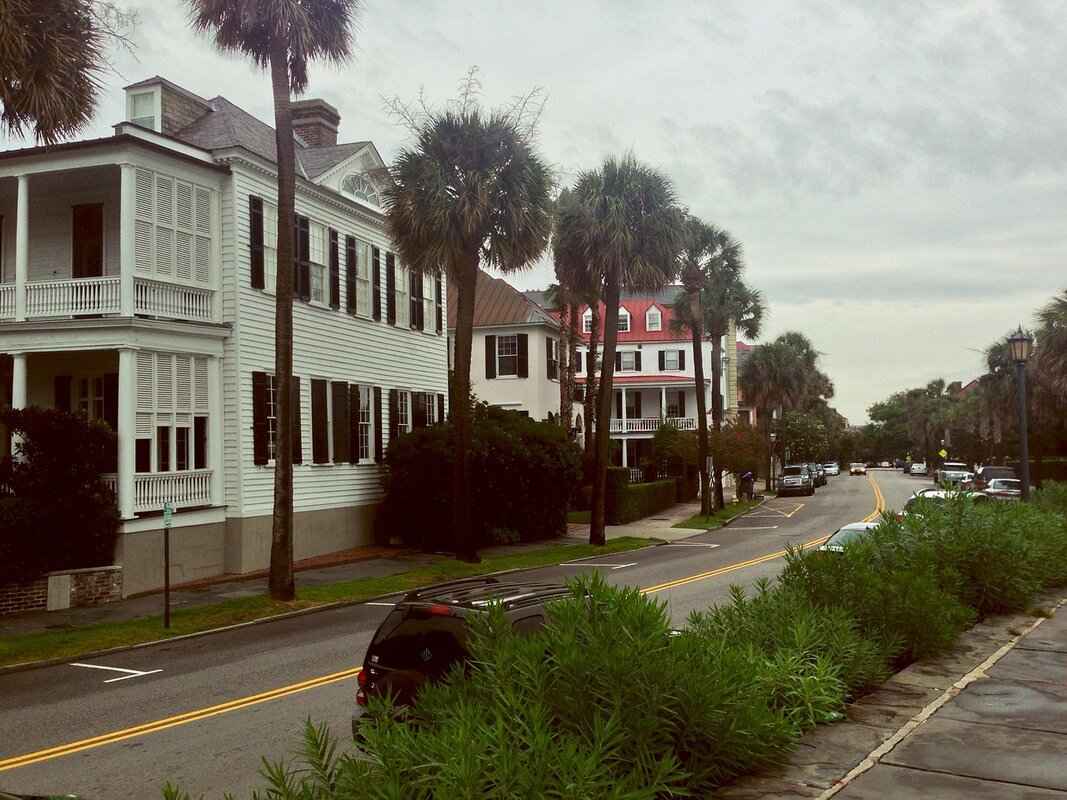
What Role Does Location Play in Affordable Housing?
The significance of location in the housing market cannot be overstated. For middle-class families seeking affordable housing, understanding how location impacts housing prices is essential. This section delves into the various factors related to location that influence affordability, helping families make informed decisions.
One of the primary aspects to consider is the proximity to amenities. Homes located near essential services such as schools, grocery stores, and healthcare facilities tend to have higher prices. Conversely, areas further away from these conveniences may offer more affordable options. Families should weigh the benefits of convenience against the potential savings when exploring different neighborhoods.
Another critical factor is the economic conditions of the area. Regions with booming job markets often see a surge in housing demand, driving prices up. In contrast, areas with declining economies may present opportunities for more affordable housing, albeit with potential risks such as lower property values or fewer job prospects. It is vital for families to research local employment trends and economic forecasts when considering a location.
Safety and crime rates are also significant determinants of housing costs. Generally, neighborhoods with lower crime rates are more desirable, leading to increased prices. Families should investigate crime statistics and community safety initiatives to gauge whether a location meets their safety standards without breaking the bank.
Furthermore, the school district in which a home is located can greatly influence its price. Homes situated in highly-rated school districts often command higher prices due to the demand from families prioritizing education. Families need to evaluate the quality of local schools and consider whether the investment aligns with their educational goals.
Transportation options are another vital consideration. Areas with easy access to public transit or major highways can enhance a home’s value. However, homes in less accessible locations may be more affordable but could lead to increased commuting times and costs. Families should assess their transportation needs and how they relate to potential housing options.
Finally, the overall neighborhood appeal plays a significant role in pricing. Factors such as community engagement, aesthetics, and proximity to parks and recreational facilities contribute to a neighborhood’s desirability. Families should consider whether the ambiance and community culture align with their lifestyle preferences while also keeping affordability in mind.
In conclusion, the location of a home is a multifaceted aspect of the housing market that directly impacts affordability. By considering various factors such as amenities, economic conditions, safety, school districts, transportation, and neighborhood appeal, families can make informed decisions that align their housing choices with their financial capabilities. Understanding these dynamics will empower families to navigate the housing market more effectively and find homes that meet both their needs and budget.
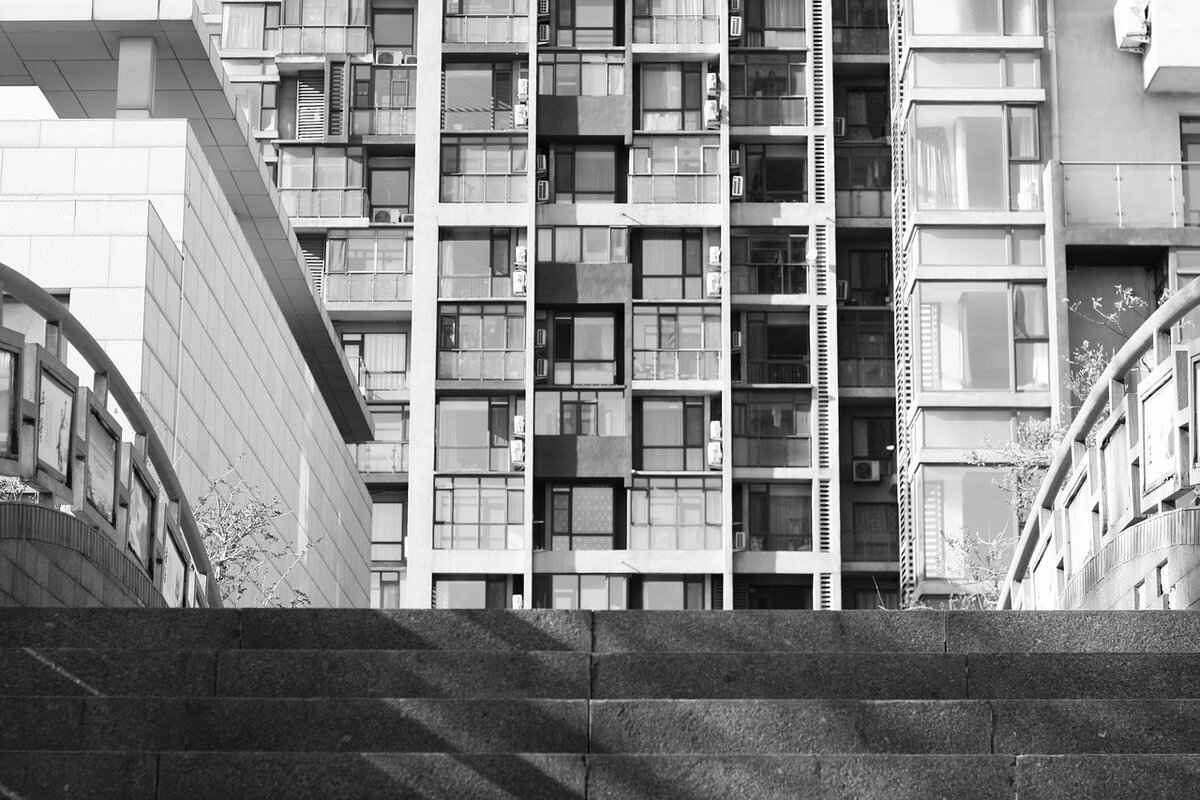
How to Negotiate Rent or Purchase Prices?
Negotiating rent or purchase prices can significantly impact your overall housing costs. Whether you are a first-time homebuyer or a renter looking for a better deal, mastering negotiation skills can lead to substantial savings. This section outlines effective strategies to enhance your negotiation capabilities, ensuring you secure the best possible deal for your housing needs.
Understanding the Market
Before entering any negotiation, it is essential to have a firm grasp of the local housing market. Research comparable properties in the area to understand current pricing trends. Utilize online resources, such as real estate websites and local listings, to gather data on average rental rates and home prices. This knowledge will empower you to make informed offers and counteroffers.
Set Your Limits
Establish a clear budget before negotiations begin. Determine the maximum amount you are willing to pay for rent or a home purchase. This figure should reflect your financial situation and align with your housing budget. Having a defined limit will prevent you from getting caught up in the moment and agreeing to terms that exceed your financial capabilities.
Build Rapport
Building a positive relationship with landlords or sellers can significantly influence the negotiation process. Approach discussions with a friendly demeanor and show genuine interest in the property. A personal touch can foster goodwill, making the other party more inclined to accommodate your requests.
Be Prepared to Walk Away
One of the most powerful negotiation tactics is the willingness to walk away from a deal. If the terms do not meet your budget or needs, don’t hesitate to express your concerns. This approach signals to the seller or landlord that you are serious about your requirements, which may prompt them to reconsider their offer.
Utilize Timing to Your Advantage
Timing can play a crucial role in negotiations. If you are looking to rent, consider negotiating during off-peak seasons when demand is lower, such as winter months. For home purchases, being aware of market cycles can help you identify when sellers may be more flexible on price.
Ask for Additional Benefits
Negotiation is not solely about price; it can also encompass additional benefits. In rental agreements, consider asking for utilities included or maintenance services. For home purchases, you might negotiate for repairs or upgrades. These added perks can enhance the value of your deal without increasing the overall cost.
Practice Active Listening
Effective negotiation relies heavily on communication. Practice active listening to understand the seller’s or landlord’s perspective. Acknowledge their points and respond thoughtfully. This not only demonstrates respect but can also reveal areas where compromises can be made.
Document Everything
Once an agreement is reached, ensure that all terms are documented clearly. This includes the final price, any additional benefits, and the timeline for moving in or closing the deal. Having a written agreement protects both parties and helps prevent misunderstandings in the future.
Seek Professional Assistance
If negotiations feel overwhelming, consider enlisting the help of a real estate agent or attorney. Professionals bring valuable experience and can advocate on your behalf, ensuring that your interests are represented throughout the negotiation process.
By applying these strategies, you can enhance your negotiation skills, leading to better housing deals whether you are renting or purchasing a home. Remember, successful negotiations require preparation, confidence, and a willingness to find common ground.
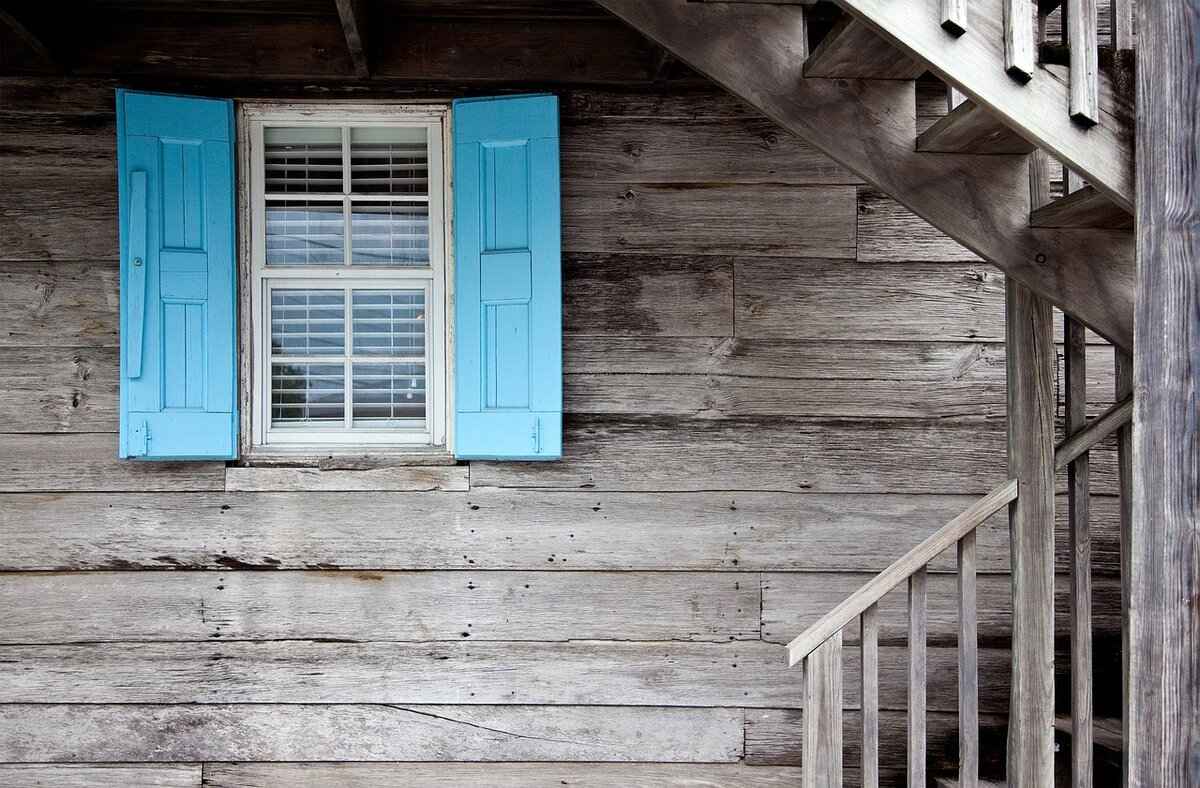
What Are the Common Pitfalls in the Housing Search?
When searching for affordable housing, many families inadvertently fall into traps that can lead to wasted time and financial strain. Understanding these common pitfalls is essential for making informed decisions and securing a home that meets both budgetary and personal needs. This section will explore these pitfalls and provide practical strategies for avoiding them.
- Ignoring Total Costs: Many families focus solely on the monthly rent or mortgage payment without considering additional costs such as utilities, maintenance, and property taxes. It’s crucial to calculate your total housing expenses to understand the full financial commitment.
- Neglecting Location Factors: While a home may seem affordable, its location can significantly impact daily life. Consider proximity to schools, workplaces, and public transportation. A cheaper home in a less desirable area might lead to higher commuting costs and reduced quality of life.
- Overlooking the Importance of Inspection: Skipping a thorough inspection can result in unexpected repair costs down the line. Always invest in a professional inspection to identify potential issues that could affect the home’s safety and value.
- Failing to Research the Market: Without proper research, families may miss out on better deals or fall victim to inflated prices. Utilize online resources and local listings to compare prices and understand the market trends in your desired area.
- Rushing the Decision: In a competitive market, it’s easy to feel pressured to make a quick decision. However, taking the time to evaluate multiple options can lead to a more satisfying and financially sound choice.
- Not Considering Future Needs: Families often choose homes based on current needs without considering future requirements. Think about potential changes, such as family growth or job relocations, that may affect your housing needs in the coming years.
- Neglecting to Utilize Available Resources: Many families are unaware of the various programs and resources designed to assist with affordable housing. Research local housing authorities and nonprofit organizations that offer support and guidance.
By recognizing these common pitfalls, families can approach their housing search with a clearer perspective and greater confidence. Taking the time to understand the nuances of the housing market and being proactive in the search process can ultimately lead to a more successful and satisfying home-buying experience. Remember, a well-informed decision today can save you from costly mistakes tomorrow.
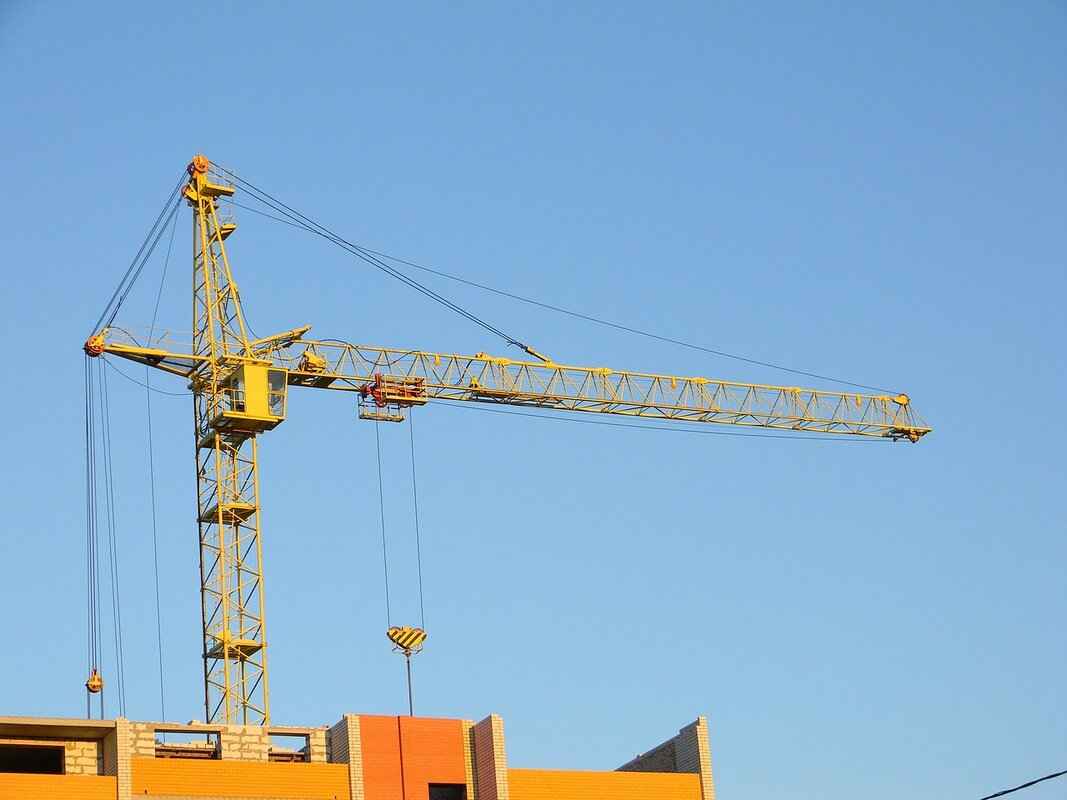
How to Assess the Quality of Affordable Housing?
When searching for affordable housing, it is essential to remember that quality should never be compromised for price. Understanding how to assess the quality of affordable housing options can significantly impact your overall satisfaction and safety. Here are some vital tips to guide you through the evaluation process.
- Inspect the Property: Always conduct a thorough inspection of the property. Look for visible signs of damage, such as cracks in the walls, water stains, and issues with plumbing or electrical systems. A well-maintained property is less likely to incur additional costs in repairs.
- Check Safety Features: Safety should be a top priority. Ensure that the property has functioning smoke detectors, carbon monoxide detectors, and secure locks on doors and windows. Additionally, assess the overall safety of the neighborhood.
- Evaluate the Age of the Property: Older homes may come with charm, but they can also have hidden issues. Investigate the age of key components, such as the roof, plumbing, and electrical systems. Properties that have been updated or renovated are often a safer bet.
- Research Local Building Codes: Familiarize yourself with local building codes and regulations. Properties that meet these codes are generally safer and of better quality. Check if the property has passed recent inspections.
- Assess the Amenities: Consider what amenities are available. Features like laundry facilities, parking, and outdoor spaces can enhance your living experience. Ensure that these amenities are in good condition and meet your needs.
- Seek Professional Help: If you’re unsure about your assessment skills, consider hiring a professional home inspector. Their expertise can provide you with a comprehensive evaluation of the property’s condition.
- Talk to Current Residents: If possible, speak with current tenants or neighbors. They can provide valuable insights into the living conditions, management responsiveness, and any issues that may not be immediately apparent.
In conclusion, assessing the quality of affordable housing involves a multifaceted approach. By thoroughly inspecting the property, checking safety features, researching local regulations, and seeking professional advice, you can make an informed decision that balances both quality and affordability. Remember, a well-chosen home not only provides shelter but also contributes to your overall quality of life.
Frequently Asked Questions
- What qualifies as affordable housing?
Affordable housing is typically defined as housing that costs no more than 30% of a household’s gross income. This means that for families, it’s essential to find options that won’t break the bank while still providing a comfortable living space.
- Why is affordable housing crucial for middle-class families?
Affordable housing is vital for maintaining financial stability. It allows families to allocate funds towards savings, education, and healthcare, instead of being burdened by excessive housing costs. Think of it as a safety net that helps families thrive.
- How can I determine my housing budget?
To set a realistic housing budget, start by assessing your total monthly income and expenses. From there, calculate how much you can comfortably spend on housing without sacrificing other essential needs. It’s like balancing a seesaw—keeping everything even is key!
- Where can I search for affordable housing?
There are numerous resources available! Websites like MiddleClassHomes.net, local housing authorities, and community boards can provide valuable listings. Don’t forget to check social media groups where people often share leads on affordable rentals and sales.
- What features should I look for in affordable housing?
When searching for affordable housing, consider features like safety, proximity to schools and jobs, and the overall condition of the property. It’s essential to find a place that not only fits your budget but also meets your family’s needs.
































































